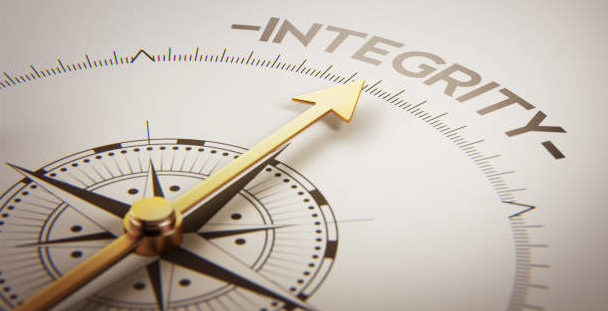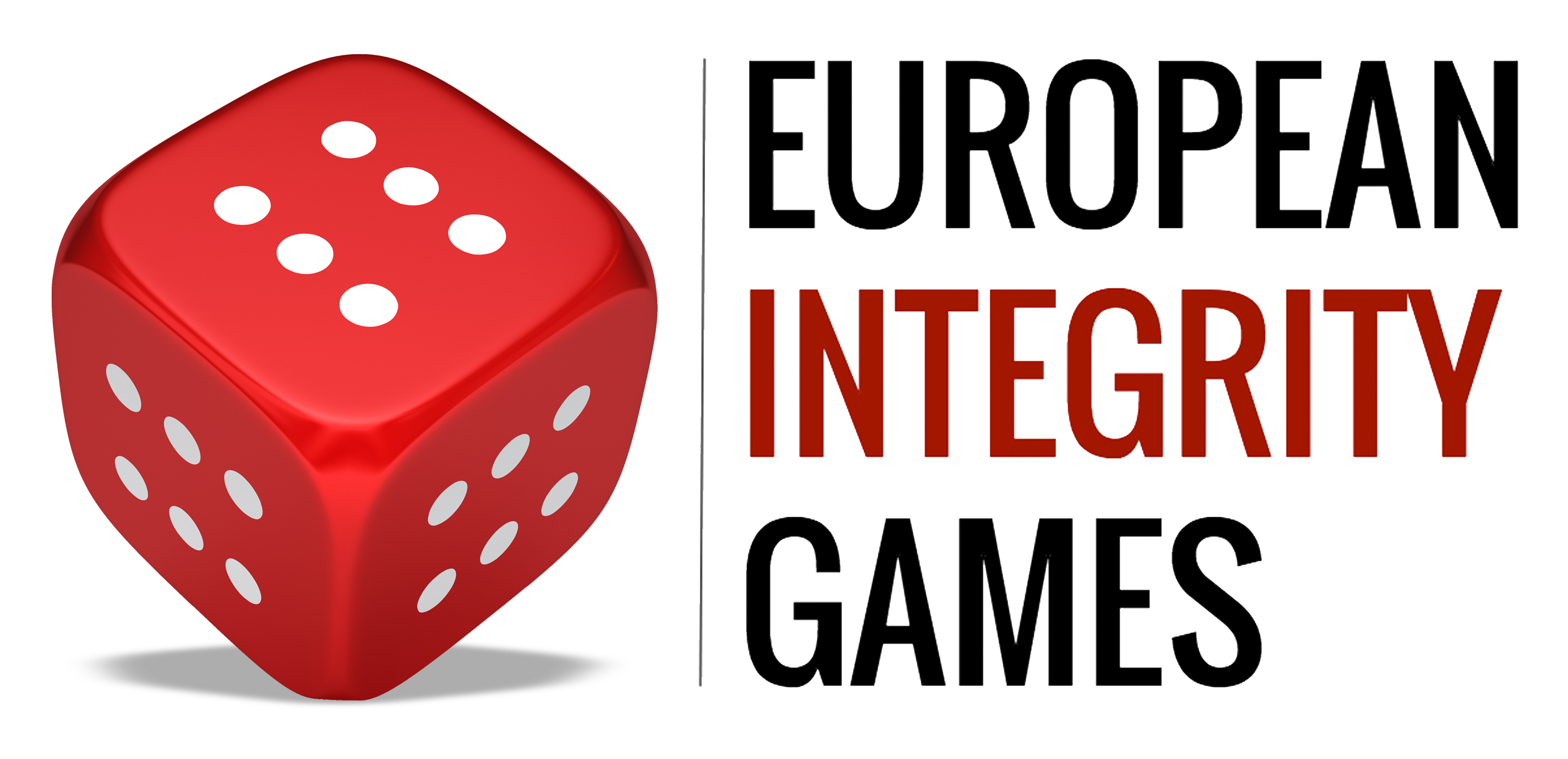Overview of the project
Integrity issues permeate European society at every level but are often difficult to pin down. How can we tackle these complicated and elusive problems?
6 European artistic organisations (France, Germany, Portugal, Italy, Greece and Spain) propose the European Integrity Games project: an interactive gaming experience addressing integrity, corruption and fraud topics. Through serious games, players are immersed in narratives questionning integrity, giving them a tangible grasp on complex issues. The partners will design a collection of games tackling 7 topics related to integrity issues. Each of the topics are adressed through 2 types of games:
- An escape game to be experienced in collaborative groups
- A 3D game to be played on computers
All the games will be made freely available online, offering Europeans new tools to explore the issues at stake. They are also accompanied by pedagogical resources enabling them to dig deeper into the topics explored.
The project also includes 7 workshops to test the games and reflect on the topics at a European scale, some experts interviews as well as promotional events.
The project is supported by ErasmusPlus and the City of Paris, with the 2021 Paris-Europe Label.
- The issues at stake: integrity, corruption and fraud.
- The tools: Escape Games, boardgames and 3D games

Why this project?
European Integrity Game is born to raise awareness around corruption and integrity issues through the design of interactive and education-focused gaming experiences.

Integrity is a critical topic for Europeans, questioning both themselves and the system they live in. These questions, which cross different levels of moral and civic values, influence our daily behaviour, social cohesion as well as trust in our societies.
If the defence of integrity values is widely shared, its reality is more difficult to define. Understanding the mechanisms at work requires time, research, and may seem “inaccessible” for citizens. On the one hand, NGOs address them through reports that seem too complex to engage citizens. On the other hand, the media bridge the gap by popularising the stakes, but keep citizens as passive spectators and may give a feeling of powerlessness.
A new understanding of the integrity stake and its various forms could then enable to raise a better social cohesion and respect between European citizens, a greater desire for citizen participation and the awareness that the topic concerns every society.
The answer of European Integrity Games
With this in mind, European Integrity Games proposes an innovative approach through games, combining art, citizenship and new technologies. Over 3 years, the 6 European partners are designing seven games addressing integrity in various aspects. Students, academics, artists, experts and active citizens from the 6 countries are associated with this approach through a pathway made of research, game design, workshop, event and videos interviews. Together they explore, create and appropriate one of the most burning but complex issues of our time.
Studies and data related to integrity are being revisited to propose immersive stories, combining theatrical techniques with serious game approaches, to be experienced in groups or individually. The public thus finds themselves actors of these issues, immersed in situations of integrity and corruption.
By using escape games and 3D games, the partners wish to engage people in these complex topics in a fun yet educational manner. Given the designs’ immersive and interactive nature, they hope to effectively convey some of the intricacies of the integrity topics explored, but most importantly, to touch the participants on a deeper and more emotional level. Being actors of the issue and exploring the topic through an emotional and immersive experience may trigger the interest of citizens in the topic and stimulate their willingness to dig deeper to better understand the issues at stake.
7 topics related to integrity are addressed in these games:
- Blockchain and bitcoins
- Foodchains
- Frontex Files
- Lobbying and windturbines
- Health communication
- e-governance
- Integrity in the public service
